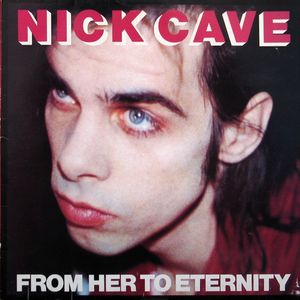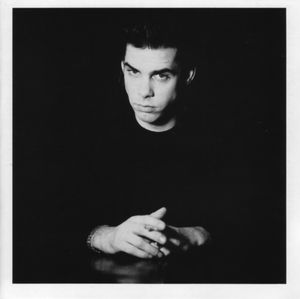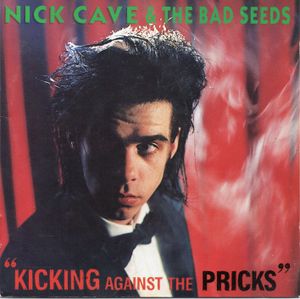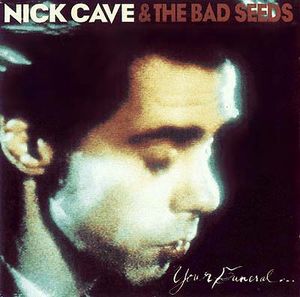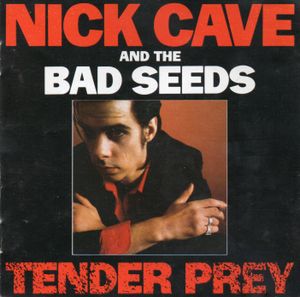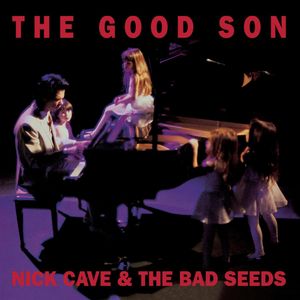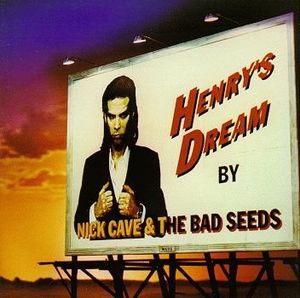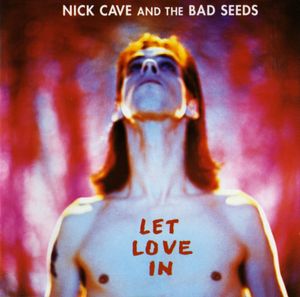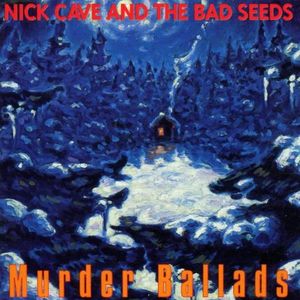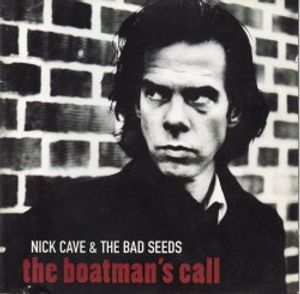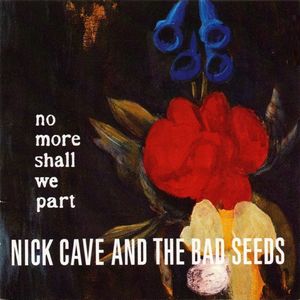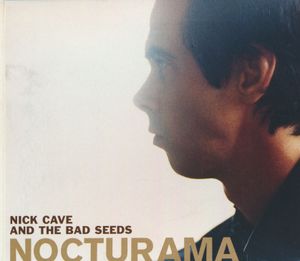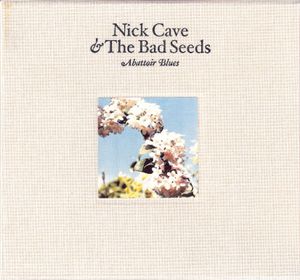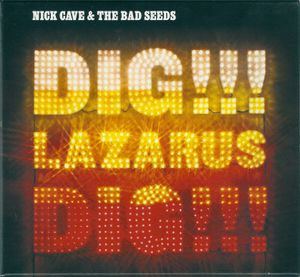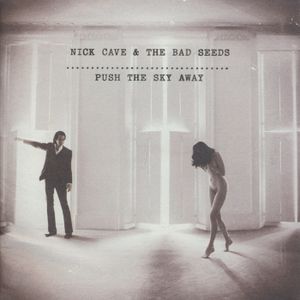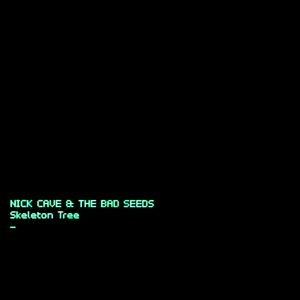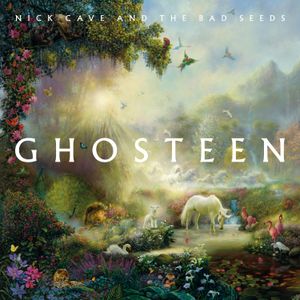

Nick Cave and the Bad Seeds
Follow Your Favorite Band Today!
Top Nick Cave and the Bad Seeds Community Posts
Story of Nick Cave and the Bad Seeds
Nick Cave and the Bad Seeds: A Journey Through Darkness and Evolution
Nick Cave and the Bad Seeds, one of the most influential and acclaimed acts to emerge from the post-punk and alternative rock scenes of the 80s, are a testament to the power of musical collaboration and artistic evolution. Born from the ashes of the legendary Birthday Party, the band's journey has seen them embrace a diverse array of influences, pushing boundaries and captivating audiences with their raw and often haunting soundscapes.
A Legacy of Change and Collaboration:
The story of Nick Cave and the Bad Seeds begins in 1983, when the band's core members, Nick Cave (vocals) and Mick Harvey (multi-instrumentalist), decided to forge a new path following the breakup of their previous group, the Birthday Party. This new venture brought together a constellation of musicians from around the world, including guitarist-vocalist Blixa Bargeld. Over the decades, the band's lineup has remained fluid, reflecting Cave's constant desire to explore and collaborate with new artists. Today, the band boasts a dynamic lineup featuring Warren Ellis (violin, multi-instrumentalist), Martyn P. Casey (bass), George Vjestica (guitar), Larry Mullins (keyboards, percussion), Thomas Wydler (drums) and Jim Sclavunos (drums).
From Post-Punk to Global Sounds:
The band's early work, heavily influenced by post-punk, blues, and gothic rock, is evident in their debut album, "From Her to Eternity" (1984). This early period saw the band experiment with a range of sounds, drawing inspiration from diverse sources and incorporating artists like Blixa Bargeld, Barry Adamson, and Kid Congo Powers. As the band matured, they gradually softened their sound, incorporating elements of rock, folk, and even electronica. Albums like "The Good Son" (1990) and "The Boatman's Call" (1997) marked this shift, showcasing a more nuanced and introspective side to the band's musical palette.
The Departure of Harvey and a New Chapter:
Harvey's departure in 2009 marked a turning point for the band, prompting a further exploration of electronic and ambient styles. This exploration culminated in the "Push the Sky Away" (2013), "Skeleton Tree" (2016), and "Ghosteen" (2019) trilogy, which showcased a more experimental and expansive sonic landscape.
A Legacy of Darkness and Passion:
Nick Cave and the Bad Seeds have, over their remarkable career, released eighteen studio albums and toured extensively, captivating audiences worldwide with their unique blend of darkness, passion, and musical virtuosity. Their music has become a soundtrack for many, exploring themes of love, loss, faith, and the human condition. The band's enduring legacy lies in their ability to continuously reinvent themselves while retaining a core sense of authenticity and artistic integrity.
Beyond the Band:
Beyond their musical accomplishments, the band's individual members have also embarked on successful solo careers, further solidifying their place as influential figures in the contemporary music scene.
The story of Nick Cave and the Bad Seeds is far from over. As they continue to push the boundaries of their artistry, their music continues to resonate with listeners, reminding us of the power of music to transcend time, space, and even death itself.
Frequently Asked Questions
Bands you may like
More Alternative Rock Bands
Discover more bands in the Alternative Rock genre and explore the diverse sounds that define this musical style.
Browse All Alternative Rock BandsMore Bands from Australia
Discover the rich musical heritage of Australia and explore bands that represent the country's unique sound and culture.
Browse All Australia Bands
